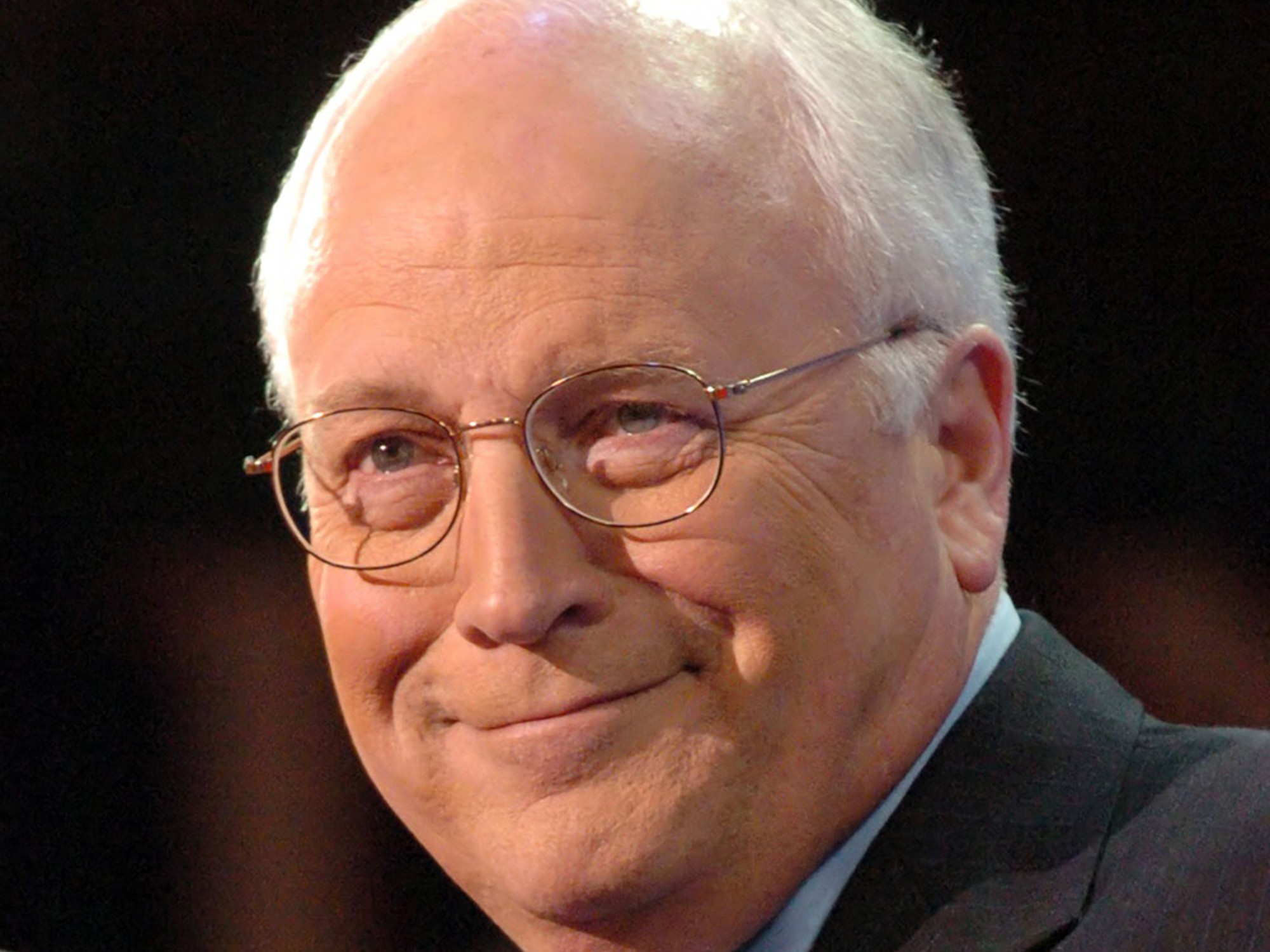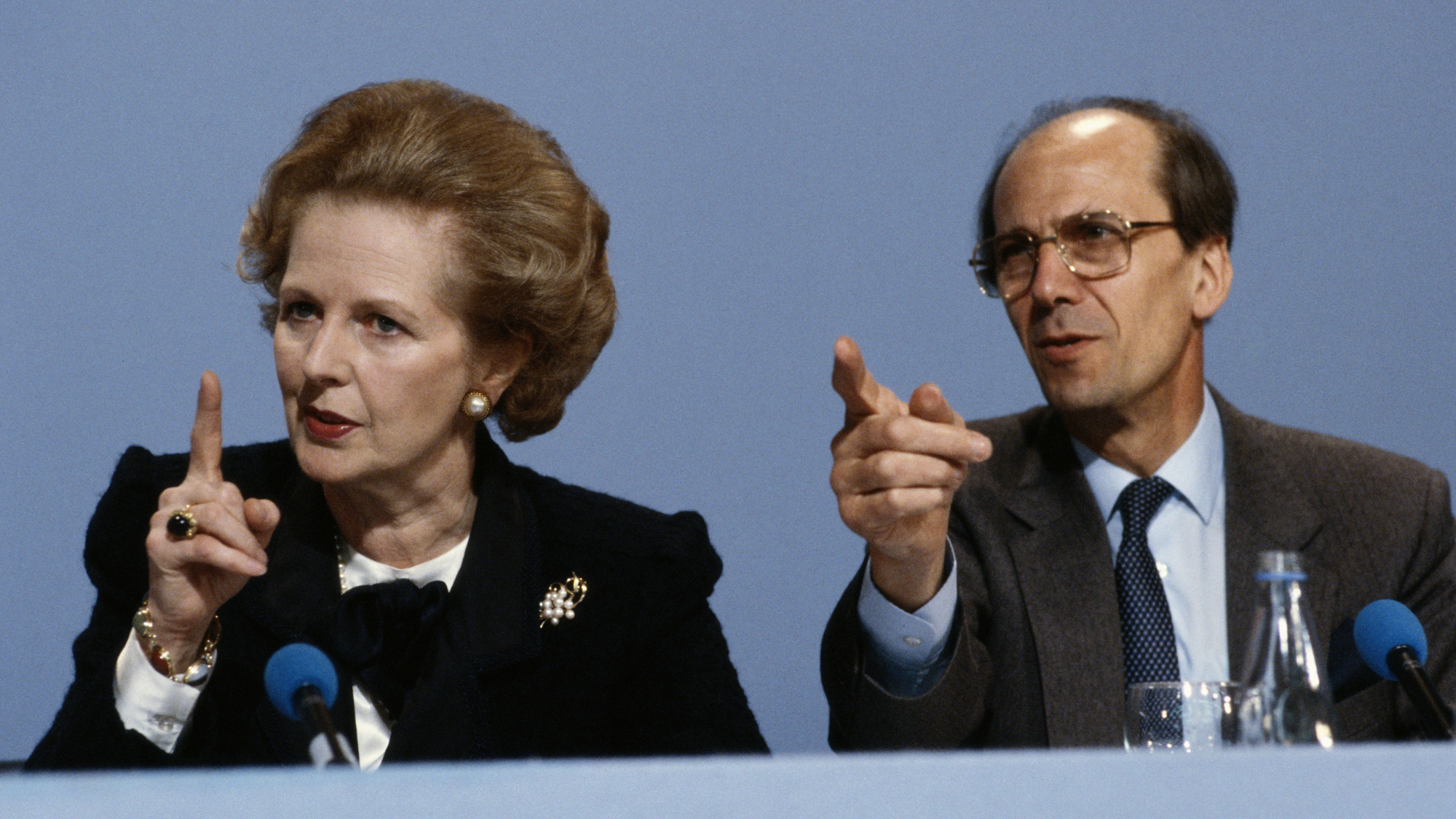Aleksandr Solzhenitsyn
The Soviet dissident who chronicled the evils of communism
A free daily email with the biggest news stories of the day – and the best features from TheWeek.com
You are now subscribed
Your newsletter sign-up was successful
The Soviet dissident who chronicled the evils of communism
Aleksandr Solzhenitsyn
1918–2008
The Week
Escape your echo chamber. Get the facts behind the news, plus analysis from multiple perspectives.

Sign up for The Week's Free Newsletters
From our morning news briefing to a weekly Good News Newsletter, get the best of The Week delivered directly to your inbox.
From our morning news briefing to a weekly Good News Newsletter, get the best of The Week delivered directly to your inbox.
Aleksandr Solzhenitsyn, who has died at 89, was one of the 20th century’s most resolute and eloquent opponents of the tyranny of the Soviet Union. He won the 1970 Nobel Prize in literature for work that laid bare the totalitarian state’s myriad cruelties, and he was widely seen as the living symbol of a free Russia. Once asked about the secret of his art, Solzhenitsyn replied, “The secret is that when you’ve been pitched headfirst into hell you just write about it.”
Born in the Caucasus a year after the Bolshevik Revolution, Solzhenitsyn was an ardent young communist, said The Boston Globe. A math teacher by training, “he took along a copy of Marx’s Das Kapital on his honeymoon” and joined the Red Army after the 1941 Nazi invasion. But in 1945 he was arrested for his increasingly anti-Stalinist views and sentenced to eight years in labor camps. There, he resolved to oppose what he called communism’s “malevolent and unyielding nature.” His first novel, One Day in the Life of Ivan Denisovich, was published in the USSR in 1962 as part of Nikita Khrushchev’s Cold War thaw with the West. Depicting the bleak existence of a good-natured prison camp inmate, it was a major success. “There are three atom bombs in the world,” a friend told Solzhenitsyn at the time. “Kennedy has one, Khrushchev has another, and you have the third.” The government press organ Izvestia even hailed Solzhenitsyn as “a true helper of the Party.”
But “the fall of Khrushchev and Leonid Brezhnev’s ascent to power in 1964 ended the ‘thaw,’” said the Financial Times. Authorities stopped Solzhenitsyn’s public readings and confiscated his then-unpublished novels The First Circle and The Cancer Ward. Solzhenitsyn responded by keeping a pitchfork near his bed and declaring, “No one can bar the road to truth, and to advance its cause I am prepared to accept even death.” He managed to smuggle out The Gulag Archipelago, his massive dissection of Soviet terror, which former U.S. Ambassador George Kennan called “the greatest and most powerful single indictment of a political regime ever to be leveled in modern times.” In 1974, shortly after its publication in the West, Solzhenitsyn was arrested and thrown out of the country—the first Soviet since Leon Trotsky, in 1929, to be stripped of his citizenship and expelled.
Settling down in rural Vermont, protected by “a fence topped with barbed wire and a closed-circuit television system,” Solzhenitsyn continued to publish and inveigh against the Soviet system, said the Los Angeles Times. In exile, “the bearded author with piercing blue eyes and a diffident manner” was hailed as a champion of human rights. But Solzhenitsyn was a problematic figure. He called détente a “sham,” and “viewed the United States and the West in general as flaccid, morally weak, and cravenly materialistic.” His diatribes “were at times tainted with paranoia, anti-Semitism, and bigotry.”
A free daily email with the biggest news stories of the day – and the best features from TheWeek.com
The collapse of the Soviet Union, in 1991, seemed the culmination of everything Solzhenitsyn had fought for, said The New York Times. In 1994 he returned to his homeland, which he called “tortured, stunned, altered beyond recognition” due to crime, corruption, and unworthy leaders. After his initial welcome, the response turned “tepid”; many of his fellow countrymen thought “his oratory hollow, his time past, and his mission unclear.” Still, he resettled to a rural estate outside Moscow and, “in the last years of his life, he embraced Vladimir Putin as a restorer of Russia’s greatness.”
“Literature,” Solzhenitsyn declared in his Nobel lecture, “is the living memory of a nation. It sustains within itself and safeguards a nation’s bygone history. But woe to that nation whose literature is cut short by the intrusion of force.”
-
 Political cartoons for February 20
Political cartoons for February 20Cartoons Friday’s political cartoons include just the ice, winter games, and more
-
 Sepsis ‘breakthrough’: the world’s first targeted treatment?
Sepsis ‘breakthrough’: the world’s first targeted treatment?The Explainer New drug could reverse effects of sepsis, rather than trying to treat infection with antibiotics
-
 James Van Der Beek obituary: fresh-faced Dawson’s Creek star
James Van Der Beek obituary: fresh-faced Dawson’s Creek starIn The Spotlight Van Der Beek fronted one of the most successful teen dramas of the 90s – but his Dawson fame proved a double-edged sword
-
 The billionaires’ wealth tax: a catastrophe for California?
The billionaires’ wealth tax: a catastrophe for California?Talking Point Peter Thiel and Larry Page preparing to change state residency
-
 Bari Weiss’ ‘60 Minutes’ scandal is about more than one report
Bari Weiss’ ‘60 Minutes’ scandal is about more than one reportIN THE SPOTLIGHT By blocking an approved segment on a controversial prison holding US deportees in El Salvador, the editor-in-chief of CBS News has become the main story
-
 Dick Cheney: the vice president who led the War on Terror
Dick Cheney: the vice president who led the War on Terrorfeature Cheney died this month at the age of 84
-
 Has Zohran Mamdani shown the Democrats how to win again?
Has Zohran Mamdani shown the Democrats how to win again?Today’s Big Question New York City mayoral election touted as victory for left-wing populists but moderate centrist wins elsewhere present more complex path for Democratic Party
-
 Millions turn out for anti-Trump ‘No Kings’ rallies
Millions turn out for anti-Trump ‘No Kings’ ralliesSpeed Read An estimated 7 million people participated, 2 million more than at the first ‘No Kings’ protest in June
-
 Ghislaine Maxwell: angling for a Trump pardon
Ghislaine Maxwell: angling for a Trump pardonTalking Point Convicted sex trafficker's testimony could shed new light on president's links to Jeffrey Epstein
-
 Norman Tebbit: fearsome politician who served as Thatcher's enforcer
Norman Tebbit: fearsome politician who served as Thatcher's enforcerIn the Spotlight Former Conservative Party chair has died aged 94
-
 The last words and final moments of 40 presidents
The last words and final moments of 40 presidentsThe Explainer Some are eloquent quotes worthy of the holders of the highest office in the nation, and others... aren't